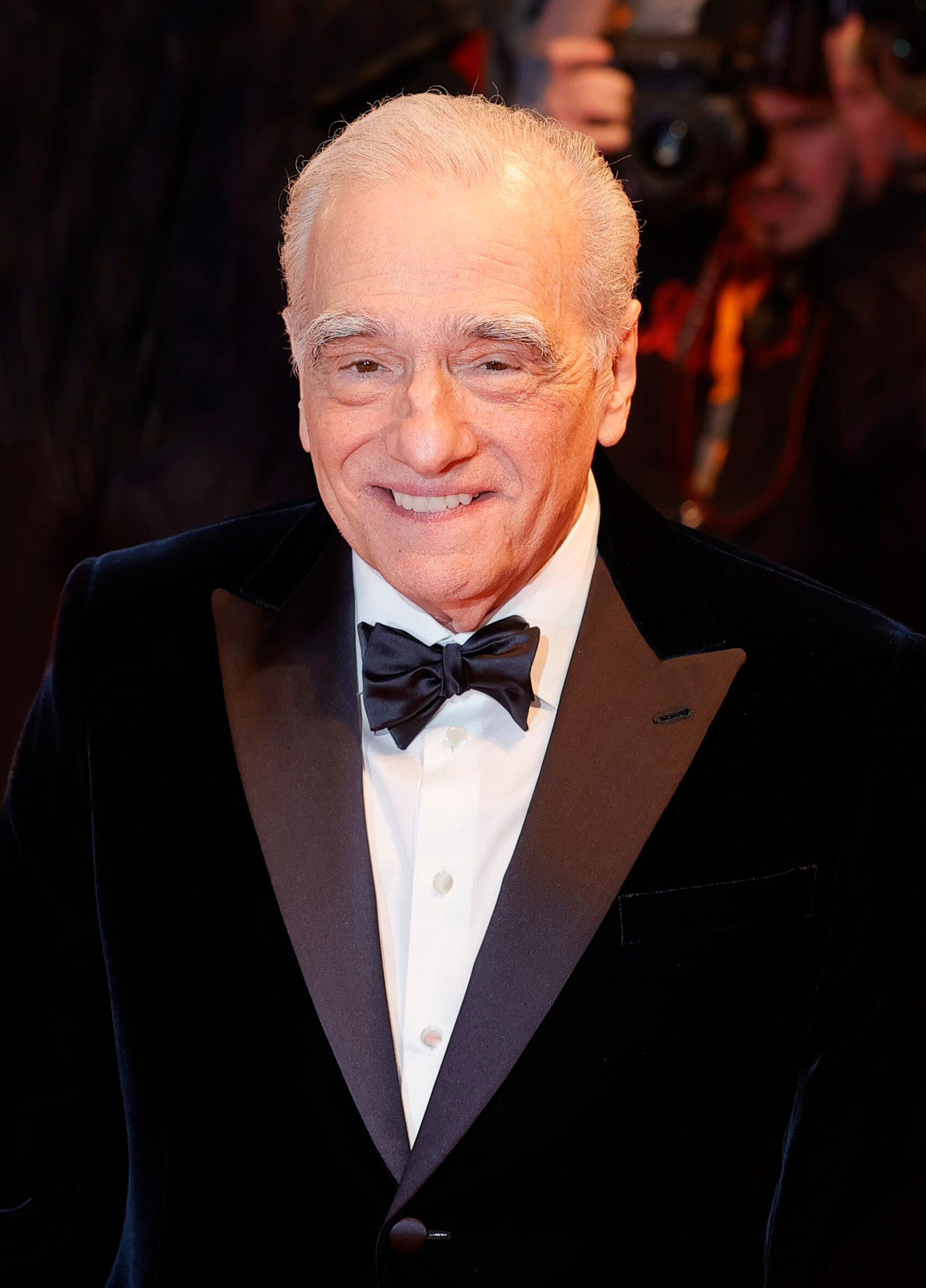Here are highlights from the 74th Berlin International Film Festival, including the winners of its Golden Bear, Silver Bear, and Berlinale Camera awards.
The Berlin International Film Festival celebrates its 74th year with a strong roster of films and documentaries, as well as notable awardees and milestones. Oscar-winning actress Lupita Nyong’o already made headlines when she became the first Black individual to head the festival’s jury. Meanwhile, the legendary Martin Scorsese attended the event to receive an honorary Golden Bear for his lifetime achievements.

The festival’s program included the usual fare of red carpet entrances and film screenings, where 20 titles competed for the event’s prized Golden Bear or Silver Bear awards. On February 24, Nyong’o and her fellow jury members—Ann Hui, Brady Corbet, Oksana Zabuzhko, Albert Serra, and Jasmine Trinca—announced the winners for the festival’s awards.
Below, we break down these highlights for those who want a quick rundown of the event’s noteworthy moments:
The Festival’s Opening Film
The 74th Berlin International Film Festival’s opening film was the much-anticipated adaptation of Claire Keegan’s novella, Small Things Like These, directed by Tim Mielants and starring Cillian Murphy as Bill Furlong. Set during Christmas in 1985 Ireland, the movie centers on Furlong, a devoted family man and hardworking coal merchant, whose small yet peaceful world is shaken by the disturbing truths he encounters when he discovers the Magdalen laundries.

These institutions, which were very much real, served as asylums for “fallen women” of the country from the 1820s until 1996, all of them enduring horrific abuses from the nuns who ran the entire system. It’s one of the darker periods in Ireland’s history, and one that not many people know about—something that will hopefully change once the film is out in theaters.
The film also stars Eileen Walsh, Emily Watson, and Zara Devlin, with a screenplay by Enda Walsh.
Martin Scorsese’s Honorary Golden Bear
Filmmaker Martin Scorsese continues to prove that he’s still at the top of his game. Recently, he became the most Oscar-nominated living director in history, and now, Scorsese has also received an honorary Golden Bear for lifetime achievement in this year’s Berlinale. The filmmaker’s latest film Killers of the Flower Moon generated plenty of buzz for its fantastic execution and story, yet it’s only one of many amazing films in the director’s oeuvre.

As Liza Foreman of The Hollywood Reporter writes, it was German director Wim Wenders who presented the award to the veteran filmmaker, sparing no praises for Scorsese and his commitment to the craft. “He is an extraordinary storyteller,” Wenders remarks during his opening speech, as recorded by Reuters.
“When you become obsessed with an art form, when you live it, when you have to be on your own, you have to be on your own: that’s the lonely part. But it’s so important to remember that even if it’s lonely, you’re part of a community, and that community of people is driven by an obsessive love of this art called cinema,” Scorsese shared during his acceptance speech.
“And the work that we do individually is part of a great ongoing, ultimately endless conversation: endless and timeless, and I really feel I’ve been blessed to have taken part in that conversation for most of my life now,” he continued.
German Director Edgar Reitz Wins The “Berlinale Camera” Award
Scorsese wasn’t the only filmmaker who won a special award during the festival. The 2024 Berlin International Film Festival also bestowed its “Berlinale Camera” award to German director and author, Edgar Reitz.
“Since 1986, the Berlinale has awarded the Berlinale Camera to honor personalities and institutions who have made a special contribution to filmmaking and with whom the festival feels closely connected,” wrote the festival in an Instagram post.

According to Reitz’s profile for this year’s Berlinale, the filmmaker has been creating cinematic works since the mid-1950s, and paved the way for German auteur film. His debut movie, Mahlzeiten, earned him a Best First Film award in the 1967 Venice Film Festival, marking the beginnings of a fruitful career in the industry. He would go on to win more accolades throughout his life, including several German Film Awards, a Silver Lion at the Venice Film Festival, the Luchino Visconti Prize at the Italian David di Donatello Film Awards, a BAFTA Television Award, and multiple Grimme Awards.
“[…] Reitz is still willing to question who we are and where we come from. In his latest work, Filmstunde_23, he succeeds in transposing the idea of home—as both a real and an imaginary place of longing—to the cinema. We are delighted to welcome his new film to the festival and to award him this much-deserved recognition,” shared the Berlinale’s Executive Director Mariëtte Rissenbeek and Artistic Director Carlo Chatrian, according to an official press release.
This Year’s Winners
On the evening of February 24, Nyon’o and her jury announced the winners of this year’s Berlinale. It was Dahomey—Mati Diop’s documentary about 26 looted artifacts from the Kingdom of Dahomey making their rightful return from Paris to Benin in West Africa—that took home the prestigious Golden Bear for Best Film.

Meanwhile, the Silver Bear Grand Jury Prize went to Korean filmmaker Hong Sangsoo, for his entry Yeohaengjaui pilyo [A Traveler’s Needs]. The film tells the story of a mysterious and eccentric French woman in Korea who decides to become a language teacher to survive.
French filmmaker Bruno Dumont won the Silver Bear Jury Prize for his sci-fi film L’Empire [The Empire], which centers on a “special” boy born in a quiet fishing village whose existence incites a secret war between good and bad extraterrestrial forces.
Best Director
Dominican filmmaker Nelson Carlos De Los Santos Arias won the Silver Bear for Best Director for his moving film Pepe. The film certainly caught the attention of festival attendees, with its titular character—a hippopotamus who once belonged to drug lord Pablo Escobar. However, Arias gives the creature a voice in his work, letting Pepe reflect on the meaning of his existence and fate.

Best Leading Performance and Best Supporting Performance
American actor Sebastian Stan took home a Silver Bear for Best Leading Performance for his role in Aaron Schimberg’s psychological horror piece, A Different Man. British actress Emily Watson’s role as Sister Mary in Tim Mielant’s Small Things Like These earned her a Silver Bear for Best Supporting Performance.


Best Screenplay and Best Outstanding Artistic Contribution
As for the Silver Bear for Best Screenplay, German native Matthias Glasner won the award for his writing in the family drama, Sterben.

Last but not least is Martin Gschlacht, who won a Silver Bear for Outstanding Artistic Contribution for his cinematography in Des Teufels Bad [The Devil’s Bath], a dark film about the struggles of peasant women in 18th century rural Austria.

Banner photo by Elena Ternovaja via Wikimedia Commons.





